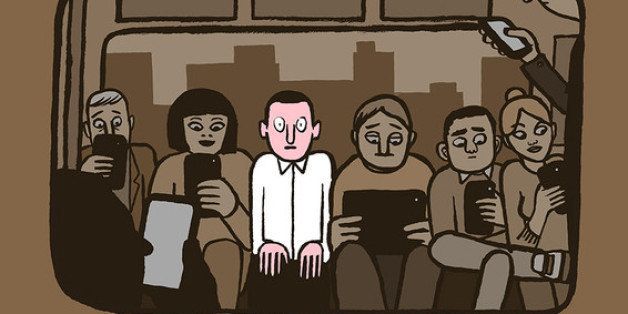Table of Contents
Stop Saying Technology is Causing Social Isolation
You may be hearing the term “technolonely” with increasing frequency lately. The term is used to argue that the more people use technology, the lonelier they will become. For example, if you participate in an online tournament at https://spin.city/en/tournaments/active instead of joining a real one, you are considered “alone.” So, is there any real basis for this claim? Does technology cause social isolation, that is, loneliness, or is it the other way around? Below, we’ll take a look at the answers to these questions.
What Is Social Isolation?
Social isolation is a real problem and means that the social contacts of a person are insufficient in terms of both quantity and quality. This is a condition that can cause depression and many different health problems. It is mostly seen in elderly people, but it can affect any age group. Living alone is considered the biggest problem that causes social isolation, especially if you are 65 or older.
This has been a well-known problem for a long time, and no one disputes its reality anyway. The problem here is that technology is claimed to cause social isolation: it’s quite surprising that such a dramatic assumption is made when the reality is quite the opposite. Because recent research shows that technology, on the contrary, reduces social isolation.
But we’re going too fast – let’s start from the beginning. The claim that there is a link between technology use and social isolation is based on a 2017 study by the Center for Research on Media, Technology, and Health at the University of Pittsburgh. This research was conducted on 1,787 users aged 19-32 and focused on one thing: can social media cause social isolation?
It should be noted that the research mentions social media, not technology, and focuses on a specific age group. Moreover, if you read the research, there is no clear conclusion: it is stated that social media can cause social isolation but also prevent people from feeling lonely. These are completely contradictory results, and researchers try to explain this in two ways:
- If you try to substitute social media relationships for real-world relationships, this can lead to social isolation.
- As long as you know the difference between the real world and the virtual world, using social media can help you overcome your loneliness.
The research ended by saying that a longer and deeper study should be done with more people: it is not claimed that technology in any way causes social isolation. However, especially during the pandemic period, an attempt was made to establish a link between technology and social isolation, and almost all these claims used this research as a source.
The Truth Is the Opposite
Research conducted since 2017 in many countries, especially Canada, shows that technology can reduce social isolation, which will be most beneficial for the elderly population. For example, a 2017 study conducted in British Columbia found:
- Video games, chat rooms, and social networking sites are very effective in reducing social isolation, especially in seniors.
- This is because, as might be expected, this age group has difficulties in acquiring new social contacts in the real world.
- Internet communication technologies allow family members to meet more often and to keep up with what is going on in each other’s lives.
The study concludes with a call to the local government to assist seniors in the use of technology to end social isolation. The findings here are not surprising because what technology will cause depends on what you use it for and how you use it. If you try to substitute virtual worlds for the real world, of course, it can cause social isolation, but it’s not the fault of technology or social media.
We can say that teen and pre-teen age groups are particularly unsuccessful in making this distinction. As a matter of fact, you may have heard that “social media causes unhappiness – technology is bad for young people.” But the use of social media or technology as a scapegoat stems from the fact that no one wants to accept any real responsibility. As we mentioned above, technology gives near-perfect results in senior age groups and reduces people’s loneliness. If it causes the opposite in another age group, perhaps it is necessary to question the way that age group uses technology.
In short, as long as you establish a healthy balance between personal relationships and technology, you will not experience social isolation, no matter what age group you are. However, if you prefer one over the other, you may experience this problem, and it’s not because of technology. There was no internet 70 years ago, but social isolation was still a problem. Technology has mitigated this problem, at least for seniors. If it has had the opposite effect in other age groups, rest assured that social media or technology is not to blame.
















